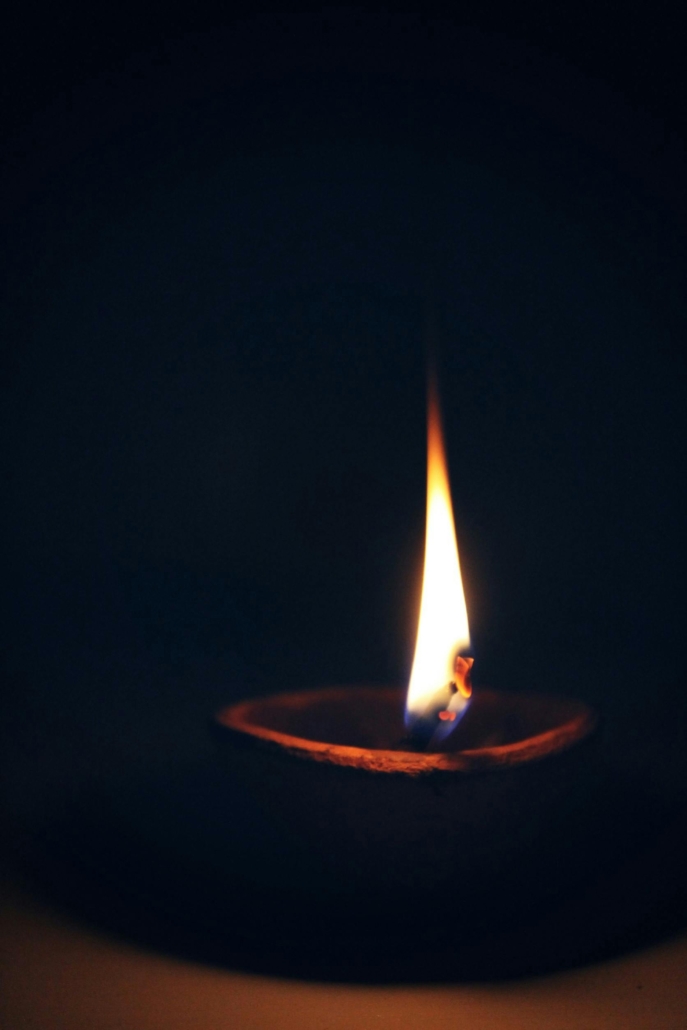The Phoenix Requires Ashes
Given my teaching schedule and other commitments, I may not blog every week in 2025, but I am continuing with my project of reading a book of poetry each week. This week I read a collection of poems by Bellingham poet Maureen Sandra Kane, The Phoenix Requires Ashes: Poems for the Journey (Gray Matter Press, Seattle, 2022).
According to her bio, Kane is a former winner of the Sue C. Boynton Poetry Award, and a mental health therapist, interested in and for literacy, homeless youth, health care access, and disability awareness. Judging by her poems, I would like to add to her list of passions: bodies, all things Zen, and madrona trees. Consider these lines:
I believe I would like to be a Madrona in my remaining years:
Comfortable on the edge,
holding fast to the earth without concern for falling.
Knowing how to shed my skin for growth.
Welcoming wind and storms because I need them to become strong.
Embracing soft, exposed flesh,
trusting that new bark always comes.
Growing toward the light wherever it is.—from “Madrona”
Although many of these poems look back to Covid, others look forward, offering strength to the reader for the fight ahead: “I speak for the sinew that pulls at my bones. / Red and raw—gaping and mawing. / Holding all together, the strength required astounds” (from “Her Body Speaks”). The poems cycle down through isolation, sleepless nights, despair, then up into love, compassion, and an invitation to join life’s dance. Ultimately the message here is one of optimism and hope. In an epigraph borrowed from Neil Allen: “Life is rigged for the good.”
Kitchen Floor
What if I could sweep with delight?
Peer deeply into detritus
to see a microcosm of visitors.
Like how sand under a microscope becomes shells again.
To gather and honor, not just discard.
How many venerated guests have I thrown away?
Remnants of dinners shared together,
cat litter from the old kitty who pains to use the box,
maple leaves from the peaceful refuge of backyard sanctuary.
All here to bring awareness to the macro in the micro
in their quiet, unassuming way.
What if everything could be this delightful
in its own being
as it does nothing but lie silently on the ground?—Maureen Sandra Kane
“Scan the body, / watch the breath, / notice thinking. // Watch the fear,” Kane advises in “Yes.” Which strikes me as all that is necessary.
You can read more about The Phoenix Requires Ashes, by visiting this page at Kane’s counseling website: https://www.maureenkanecounseling.com/poetry-book/.
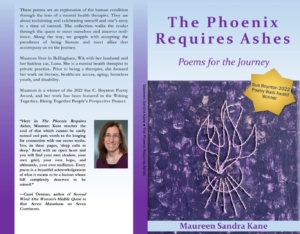

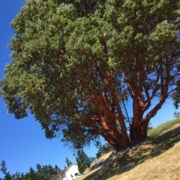
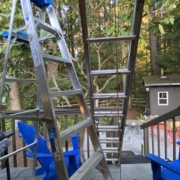

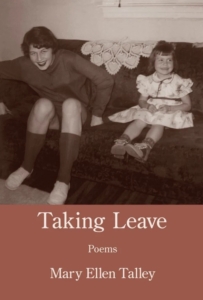 The book is a how-to on marrying forms (palindrome, villanelle, golden shovel), playing with white space, dancing between poetry and diary-like entries. To quote Susan Rich from the back cover, Taking Leave is about “sisterhood, birds, and the cosmos.”
The book is a how-to on marrying forms (palindrome, villanelle, golden shovel), playing with white space, dancing between poetry and diary-like entries. To quote Susan Rich from the back cover, Taking Leave is about “sisterhood, birds, and the cosmos.”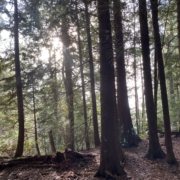

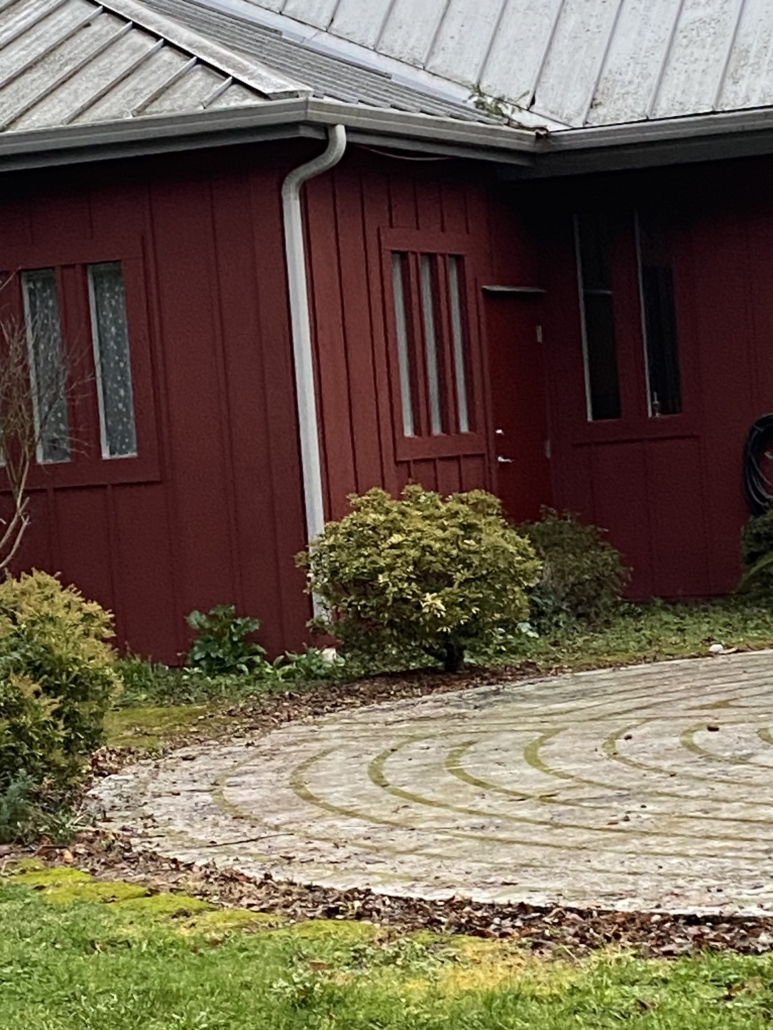

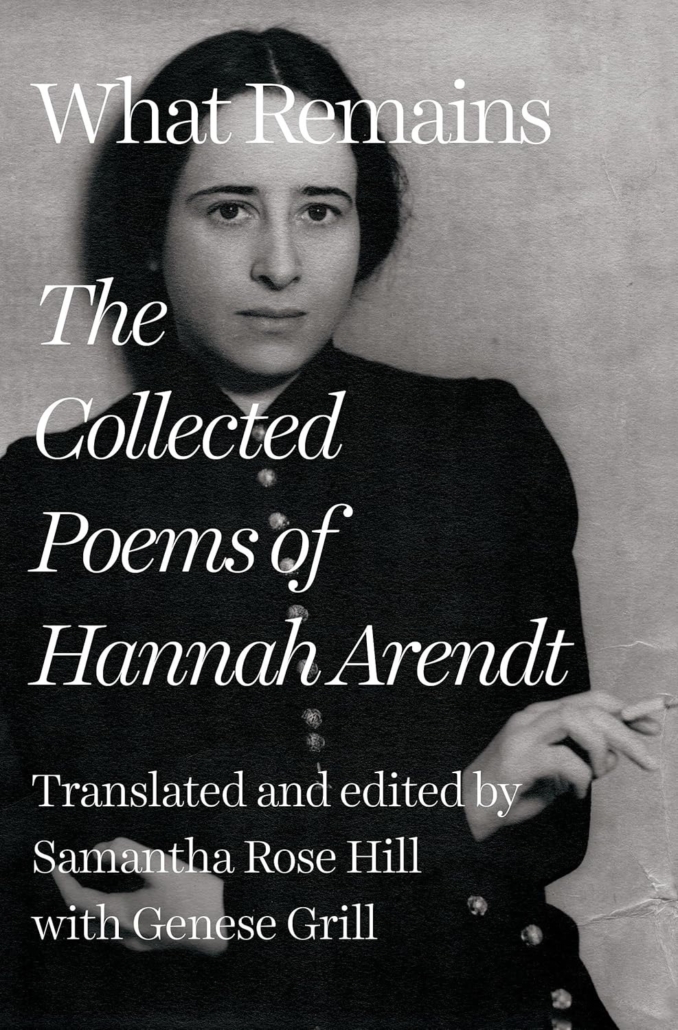 Samantha Rose Hill with Genese Grill (LiverightPubl, 2025). It is being hailed as “a landmark literary event.” The poems, presented in the original German and in English, were never intended by Arendt for publication, and they don’t strike me as being poems one memorizes or writes out in a commonplace book. They compel, however, if taken as a diary of Arendt’s life:
Samantha Rose Hill with Genese Grill (LiverightPubl, 2025). It is being hailed as “a landmark literary event.” The poems, presented in the original German and in English, were never intended by Arendt for publication, and they don’t strike me as being poems one memorizes or writes out in a commonplace book. They compel, however, if taken as a diary of Arendt’s life: